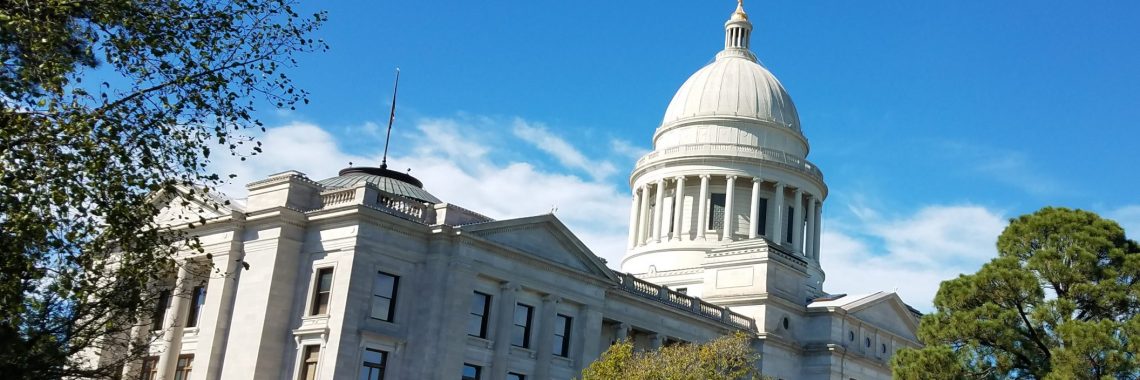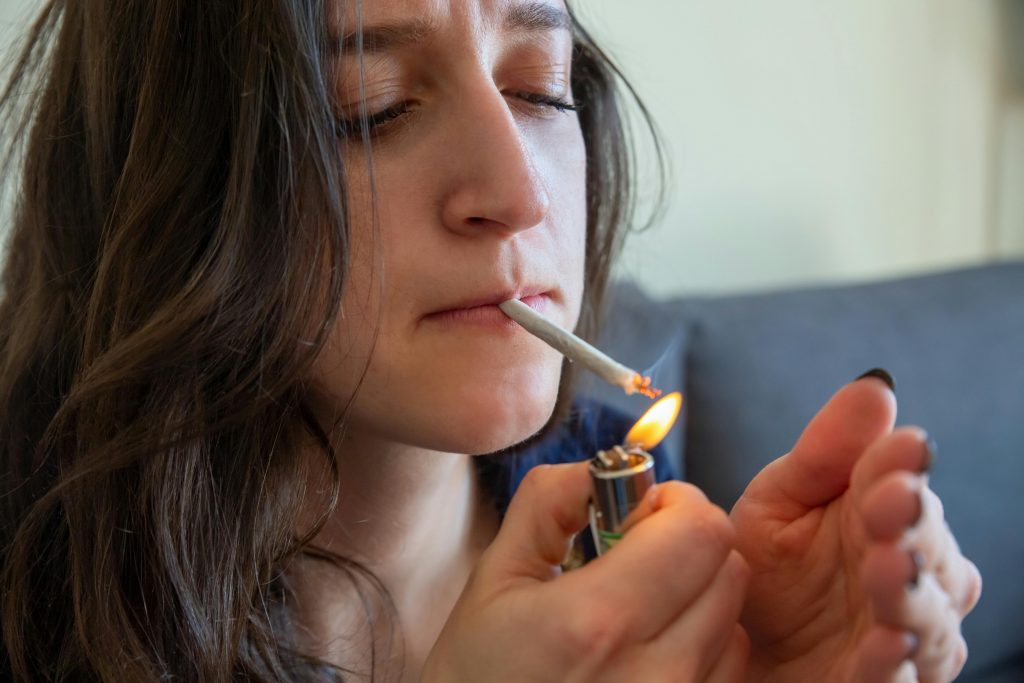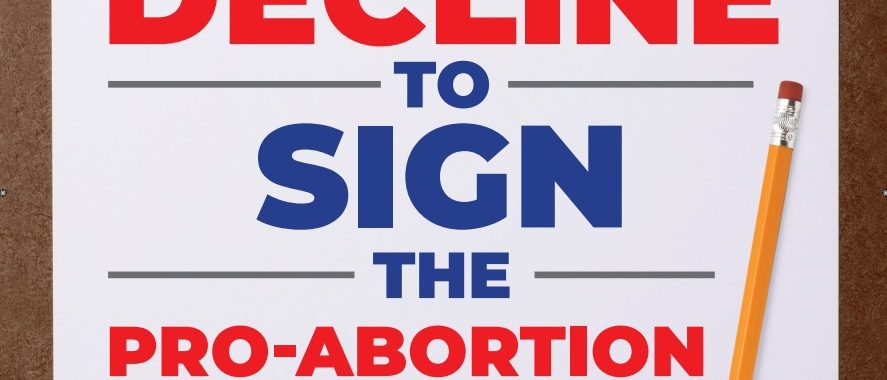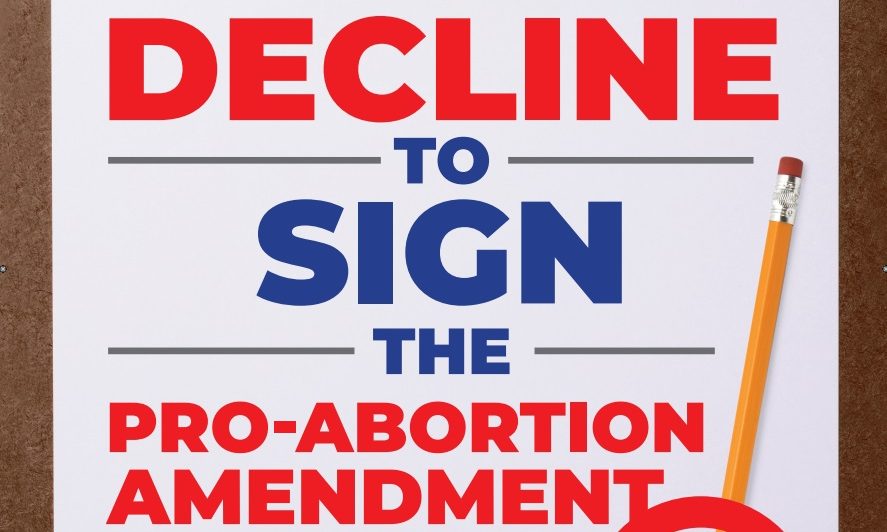Pro-Abortion Group Claims Secretary of State “Unlawfully Rejected” Its Petitions
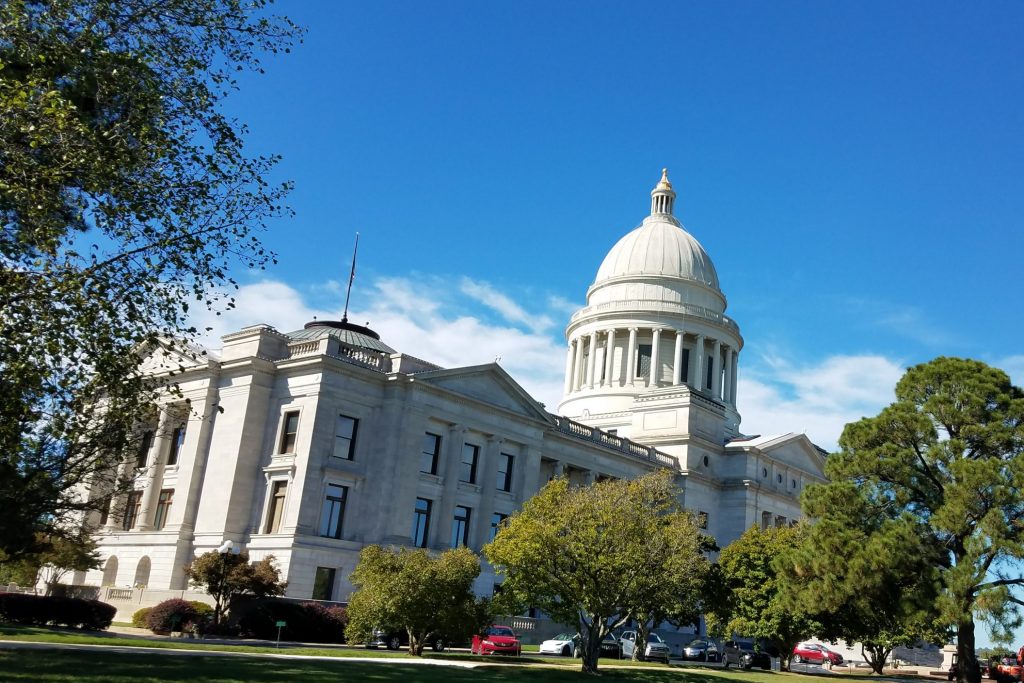
On Thursday the group backing an abortion amendment in Arkansas sent Secretary of State John Thurston a letter alleging his office “unlawfully rejected” its petitions.
Arkansans for Limited Government submitted petition signatures to the Secretary of State last Friday to place an abortion amendment on the November ballot.
Arkansas law tasks the Secretary of State with counting and validating the petition signatures before certifying a measure for the ballot. Petitions that do not comply with state law must be disqualified.
On Wednesday the Arkansas Secretary of State’s office disqualified all of the petitions for the Arkansas Abortion Amendment for failing to properly identify paid canvassers who collected signatures for the abortion measure, as required by state law, and for failing to file a signed statement verifying that each paid canvasser was provided a copy of the most recent edition of the Secretary of State’s initiative and referenda handbook and given an explanation of Arkansas’ legal requirements for obtaining petition signatures.
Arkansas law says a person filing petition signatures with the Secretary of State must bundle the petitions by county and file an affidavit stating the number of petitions and signatures being filed.
If the signatures were gathered by paid canvassers, the law says the person filing the petitions with the Secretary of State must also identify the paid canvassers by name and file a signed statement verifying that each paid canvasser was provided a copy of the most recent edition of the Secretary of State’s initiative and referenda handbook and given an explanation of Arkansas’ legal requirements for obtaining petition signatures.
On Thursday Arkansans for Limited Government sent a letter to Secretary of State Thurston claiming the organization provided documents regarding its paid petition canvassers on June 27 — the week before it filed its abortion petitions — and alleging the Secretary of State does not have the authority to reject the petitions.
The letter does not address the fact that state law indicates the paid canvasser information must be submitted at the same time as the petitions.
Family Council has received documents obtained via the Freedom of Information Act that show Arkansans for Limited Government hired more than 70 paid canvassers after June 27. The letter does not specifically address whether these canvassers were provided information and training in compliance with state law.
While the abortion measure has been disqualified for failing to comply with state law, legal experts have pointed out the Arkansas Abortion Amendment would prevent the State of Arkansas from restricting abortion during the first five months of pregnancy — which is more extreme than Roe v. Wade — and would allow thousands of elective abortions on healthy women and unborn children every year.
The measure also contains various exceptions that would permit abortion on demand through all nine months of pregnancy in many cases.
The amendment does not contain any medical licensing or health and safety standards for abortion, and it does not require abortions to be performed by a physician or in a licensed medical facility.
It also nullifies all state laws that conflict with the amendment, jeopardizing basic abortion regulations — like parental-consent and informed-consent requirements that both sides of the aisle have supported in the past.
Articles appearing on this website are written with the aid of Family Council’s researchers and writers.

